REFUGE MISSIONAL COMMUNITY CHURCH
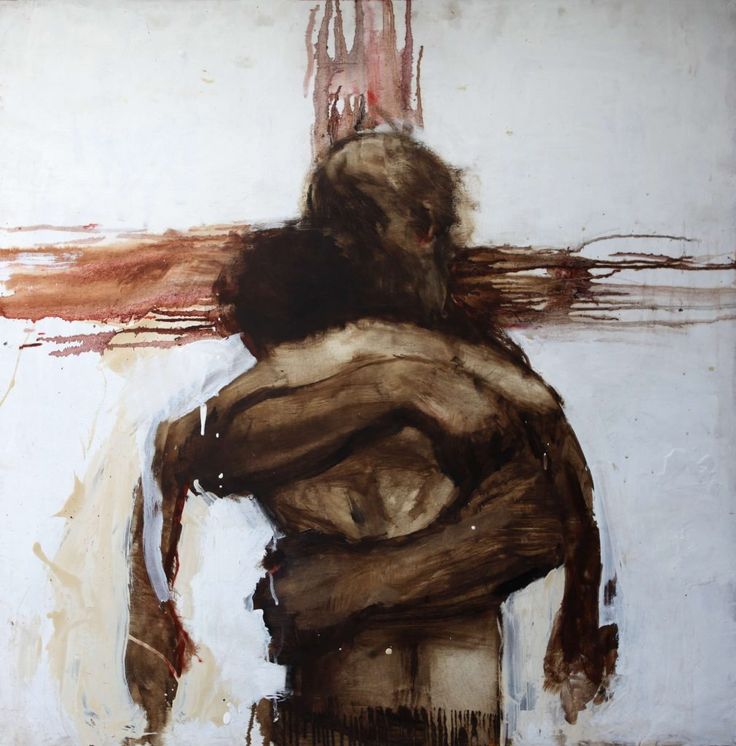


What are MC's?


Missional Communities
MISSIONAL COMMUNITIES ARE CHURCH FAMILIES ON MISSION TO WORSHIP JESUS, LOVE OUR NEIGHBOR, AND SERVE THE COMMUNITY
Jesus said in His ministry, "Where two or more gather in My name, I am there among them," (Matt. 18:20). Missional Communities are people who gather to meet with Jesus.
Scripture tells us that God dwells in those of us who say "yes" to Christ. And the name He has given those who have Christ within them is the church (2 Cor. 6:16). The gathering of a Missional Community is a gathering of God's church.
Jesus anointed His believers to share good news to the poor, proclaim freedom for the prisoners, recovery of sight for the blind, and to set the oppressed free (Luke 4:18-19). Missional Communities are the church on mission with love for the world.
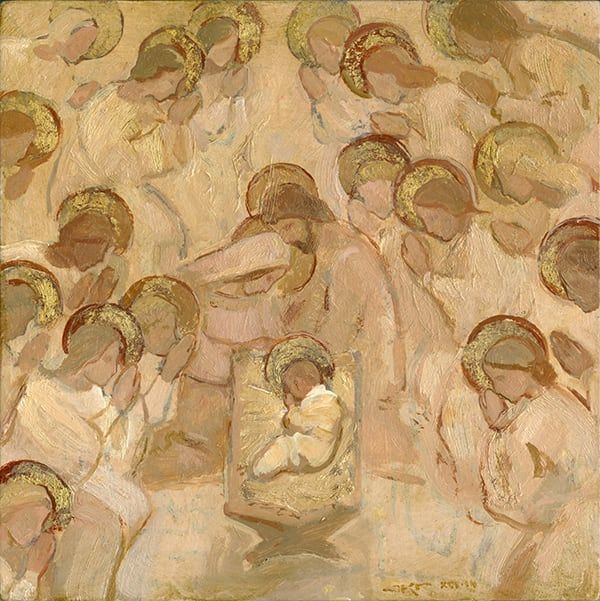

Why MC's?
Missional communities look different, act different, and feel different than other structures of the church. But our desire is not to impress or accomplish greatness through structure, we do what we do as an MC because of what we value. We value being disciples of Christ Jesus and seeing the world become disciples too. As disciples of Christ, we also value being together, seeing each other's faces, knowing everyone's name, and always being familiar with what is going on in their life. Scripture makes an analogy of the church as a body (1 Cor. 12); each of us are a different part with a different role, gift, and skillset. One part is not greater than another but it is the collection of all parts that reveal Christ. Every time the body adds a member, we the church get an opportunity to better see Jesus. And it is our desire to have an intimate relationship with Christ and to be Christ to one another. MC's allow us to do this on a regular basis.
"The Church exists for nothing else but to draw men and women into Christ, to make them little Christs. If they are not doing that, all the cathedrals, clergy, missions, sermons, even the Bible itself, are simply a waste of time. God became man for no other purpose." - C.S. Lewis
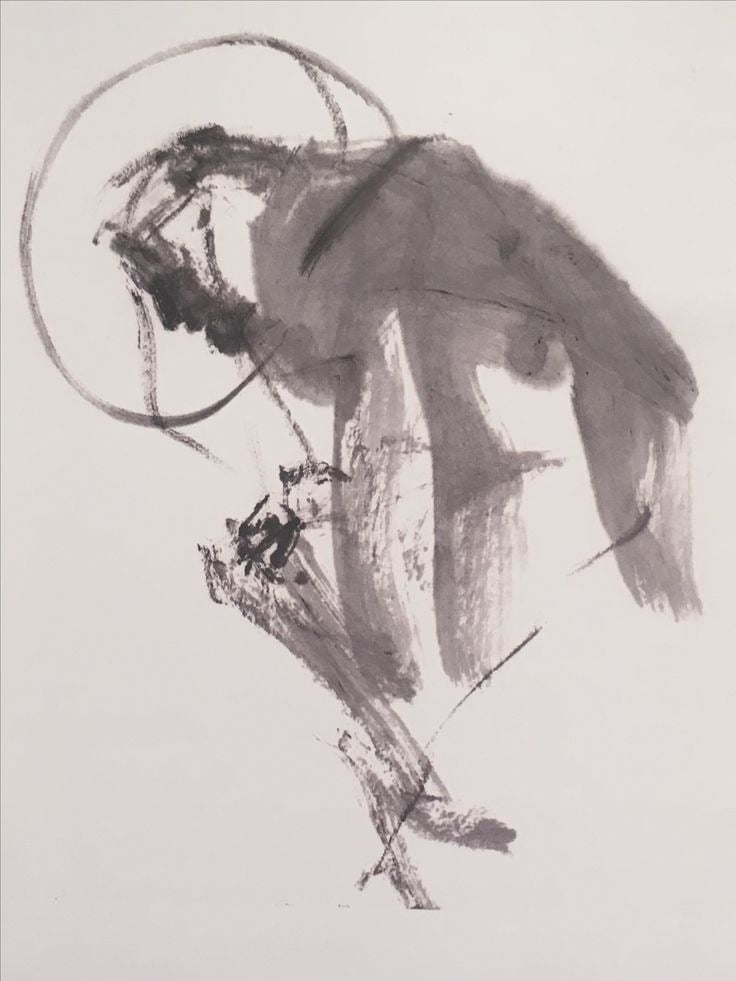

What do our MC's believe?
We believe Jesus Christ is the Way, the Truth, and the Life (John 14:6).
Recovery groups working through substance abuse often recite the sobering perspective: "My best thinking got me here." We share this humble outlook because we believe that no matter the degree of wealth or success we achieve in the world, it is only the shadow of what it is to flourish in Christ who is the one and only source of love, hope, and peace.
We believe Jesus is the God of the impossible. No matter the life circumstances that are seemingly inescapable, we believe that the God who rose from the dead can do the same for you. We believe God's response to our suffering is love, and His love comes by way of companionship, because His companionship is the antidote to our suffering.
We believe in good stewardship of our resources, by sacrificially giving God the best of our time, money, and possessions. In the early church: "all believers were in one heart and mind. No one claimed that any of their possessions was their own, but they shared everything they had. With great power the apostles continued to testify to the resurrection of the Lord Jesus," (Acts: 4:32-33). We imagine how our lives can testify to the power of God in our county.
We believe tithes (10% of our income and possessions) and offerings (additional contributions) are meant for the poor and local community. Our MC has no mortgage or staff salaries so 100% of our budget is used to love and benefit our local community.
We believe that "Not every church has disciples. But where there are disciples, there is always a church," (Mike Breen). We desire to be disciples that make disciples and pray that God would continue to grow the church through us.
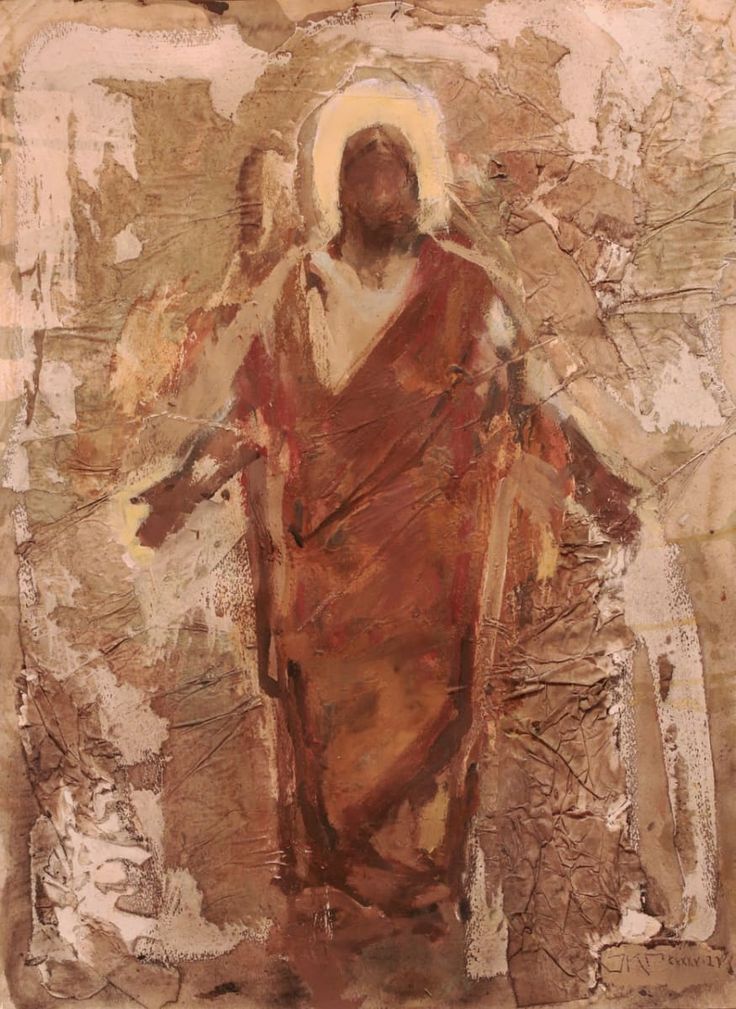

How do we practice our faith in MC's?
God desires to have a relationship with us. And as with any relationship, it requires time, trust, and intimacy. These relational elements are developed slowly through a variety of means which Jesus modeled in His ministry. In Scripture, we see how He spent time with God (Luke 6:12), hung out with friends (6:13), and served the community (6:17-19). Our missional community exercises these relational practices through 3 monthly rhythms we call UP, IN, and OUT.
UP On an UP night, we worship God together through some combination of prayer, singing, reading the Bible, having spiritual conversations, and participating in the Sacraments. We take this time to deepen our awareness and affection for God.
IN An IN night may consist of eating, playing games, spending quality time together, or some other creative way to enjoy each other. This is a great opportunity for new faces to visit because it gives everyone a chance to build trust as they are integrated into our community. We take this time to keep and deepen the peace we have with our community.
OUT Our OUT gatherings also utilize creative effort as we are on mission to serve our neighbors with every resource at our disposal. Some ways we have served in the past include buying groceries or preparing dinners for a family, picking up trash in the city, aiding a Habitat for Humanity project, and walking through neighborhoods praying for the households and anointing the streets with oil. We have also collaborated with the First Church of God in Greenville every month, helping disperse food from a Feeding America truck and handing out free clothing. We take this time to love God by loving our neighbor.
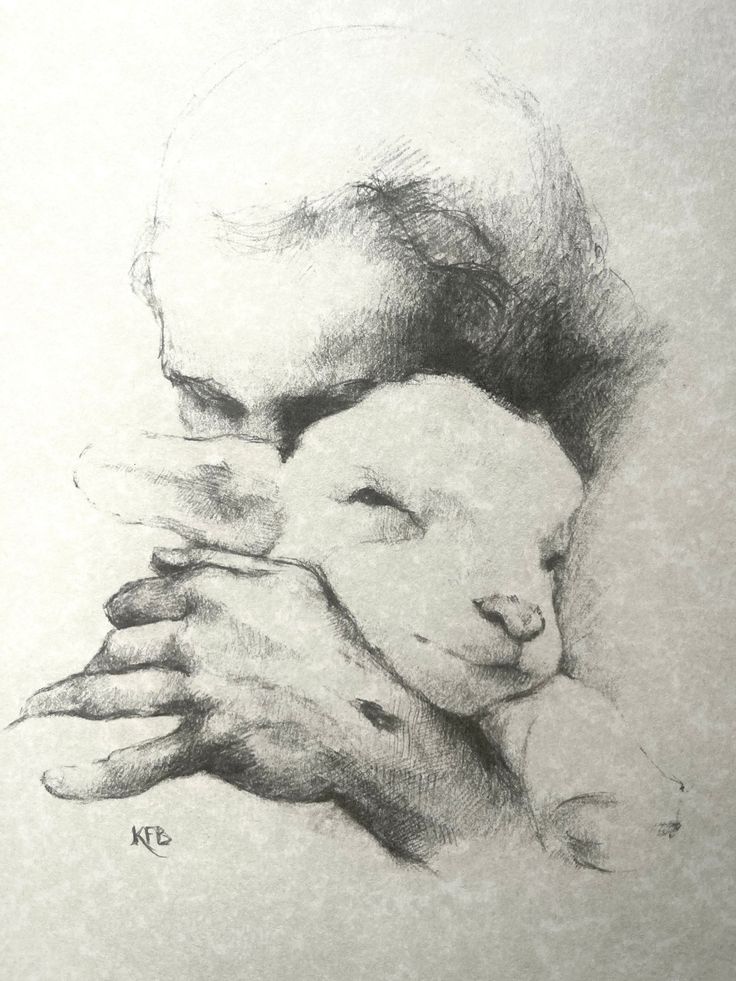

Missional Communities function like an extended family. Picture Thanksgiving Day. There are some organized moments, like gathering everyone to eat or play a game, and some organic moments when conversations or actives happen spontaneously. But on Thanksgiving, whether the moment is organized or organic, everyone is together. Each of these elements play a significant role in MC's. Think about highly organized social structures like a work environment; the group of people are high in functionality but are low in relational trust. Now think about a highly organic social environment like a party; people can enjoy themselves and deepen relationships but the group has no missional aspirations. Balancing organization and organic elements is what creates a family atmosphere, allowing us to strive for those missional aspirations cohesively because of our deep trust with one another.
Part of what allows things to be organic and cohesive are People of Peace. Jesus instructed His disciples to find people with whom they had peace (in other words: friendship). If the other person reciprocated peace (i.e. friendship), Jesus instructed the disciples to stay with them. If they did not reciprocate, be free to move on and find someone who would reciprocate (Luke 10). Each new member of our MC has peace (i.e. an already established relationship) with someone already in our extended family. So when there is a new face, first, they are not alone, and second, much like a family gathering in one of our homes, we have every intention to introduce ourselves and make them feel at home.
As the organic, relational elements of our family grow, so too will the organized, missional elements. We refer frequently to shared responsibility. Though there are pastors and leadership in each MC, we believe our mission is meant to be carried by the entire church. Equal to our desire to share possessions, we desire for every member of our MC to visit the sick in the hospital, share the good news with their neighbors, disciple their children, disciple each other, contribute creatively to providing love and justice to our community, helping clean up after gathering at someone's house, etc.
How do MC's feel?

EPHESIANS 3:20
"Now to Christ Jesus who is able to do immeasurably more than all we ask or imagine"
